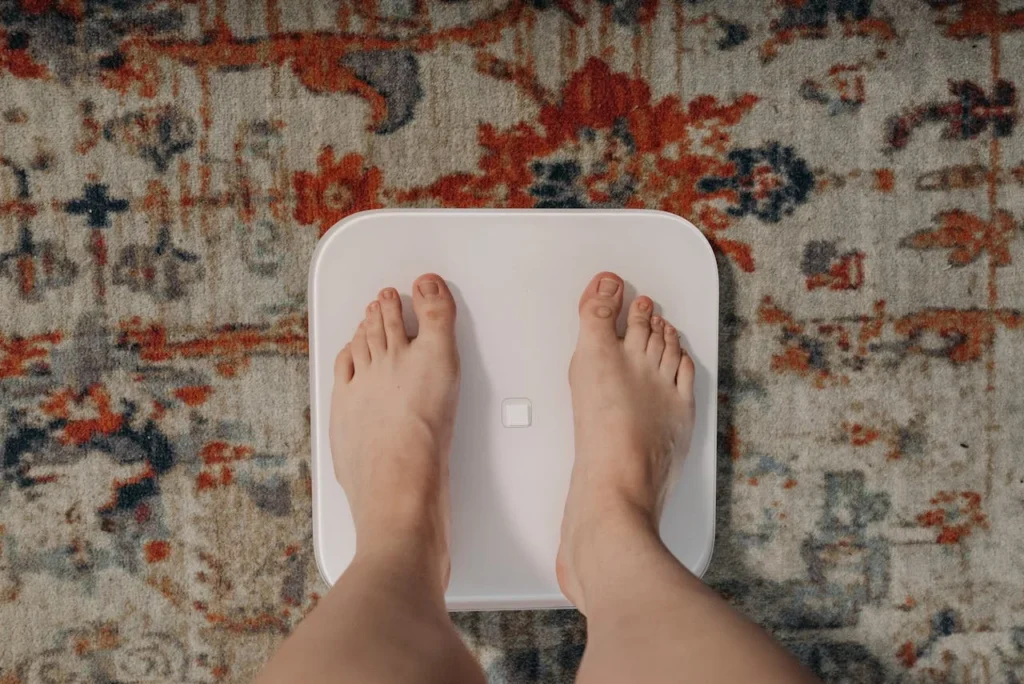Weighing yourself can be a useful tool in tracking health and fitness progress. However, several factors can influence the accuracy of your measurements. Here are seven considerations to keep in mind:
1. Weighing Yourself After a Workout
Post-exercise weighing may not provide an accurate reflection of your body weight. Intense physical activity can lead to dehydration, temporarily reducing body weight. Conversely, muscle inflammation from exercise can cause water retention, potentially increasing weight.
2. Weighing During Menstruation
Hormonal fluctuations during menstruation can lead to water retention and bloating, temporarily increasing body weight. It’s advisable to avoid weighing yourself during this time to prevent misinterpretation of your weight status.
3. Consuming Salty Foods
High sodium intake can cause the body to retain water, leading to temporary weight gain. Monitoring and moderating salt consumption can help maintain more consistent weight measurements.
4. Increased Water Intake
Sudden increases in water consumption can temporarily affect body weight due to water retention. However, maintaining proper hydration is essential for overall health and can aid in weight management over time.
5. Weighing After Meals
Weighing yourself immediately after eating can result in higher readings due to the weight of the consumed food and beverages. For consistency, it’s best to weigh yourself at the same time each day, preferably in the morning before eating or drinking.
6. Building Muscle Mass
Engaging in strength training can increase muscle mass, which may reflect as weight gain on the scale. Since muscle tissue is denser than fat, you might notice physical changes without significant weight loss. Focusing solely on scale weight can be misleading; consider other metrics like body composition and measurements.
7. Morning Weigh-Ins
Weighing yourself in the morning, after using the restroom and before eating or drinking, can provide the most consistent measurements. This practice helps minimize variables that can affect weight throughout the day.
Recommendations:
- Consistency: Weigh yourself at the same time each day under similar conditions to track trends accurately.
- Frequency: Daily weigh-ins can be helpful for some, but weekly measurements may be sufficient and less stressful for others.
- Holistic Assessment: Consider other indicators of health and fitness, such as body measurements, how your clothes fit, energy levels, and overall well-being, rather than focusing solely on the number on the scale.
Remember, weight is just one aspect of health. It’s important to maintain a balanced diet, engage in regular physical activity, and consult healthcare professionals for personalized advice.

